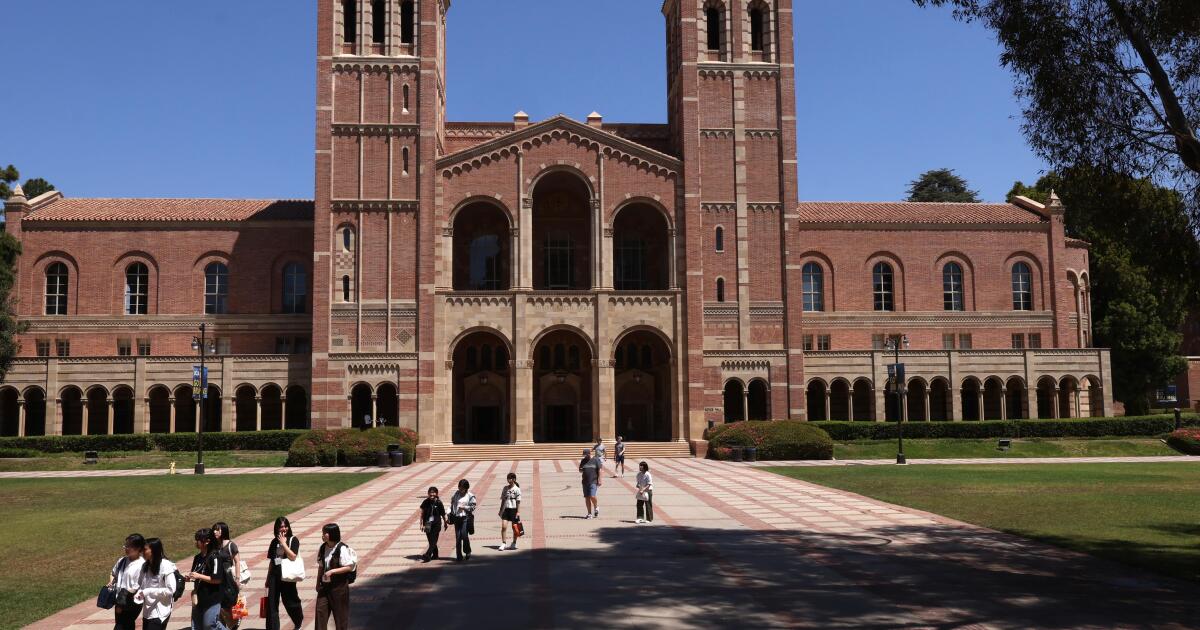
Human evolution may no longer be driven primarily by genetics, according to a new theory by researchers at the University of Maine which claims that cultural systems are now shaping the way humans survive, adapt and reproduce.
Timothy M. Waring, an associate professor of economics and sustainability, and Zachary T. Wood, a researcher in ecology and environmental sciences, argue that cultural evolution is overtaking genetic evolution as the dominant force shaping human development.
Their theory suggests that humanity is undergoing a “major evolutionary transition,” where technologies, institutions and shared knowledge are becoming the primary mechanisms that determine our survival and success.
“When we learn useful skills, institutions or technologies from each other, we are inheriting adaptive cultural practices”, said Waring. Culture, he added, solves problems much more rapidly than genetic evolution.
The researchers point to examples like eyeglasses, cesarean sections, and fertility treatments—all of which allow people to overcome biological limitation that once would have impacted their survival or reproduction, reducing the role of genetic adaptation.
“Cultural evolution eats genetic evolution for breakfast, it’s not even close”, Wood said, adding that this shift has been underway for millennia, and may be accelerating in the modern era.
“Ask yourself this: what matters more for your personal life outcomes, the genes you are born with, or the country where you live?” Waring said, suggesting that in today’s society, our well-being is determined less and less by personal biology and more and more by cultural systems.
This means that humans are becoming more group-oriented and dependent on collective systems, signaling a change in what it means to be human.
According to the study, this happened before when single cells evolved to become multi-cellular organisms and social insects evolved into ultra-cooperative colonies, although biologists have been skeptical that such a transition is occurring in humans.
The team is also developing mathematical and computer models of the process and plans to initiate a long-term data collection project in the near future. They caution, however, against treating cultural evolution as progress or inevitability.
“We are not suggesting that some societies, like those with more wealth or better technology, are morally ‘better’ than others,” Wood said.
“Evolution can create both good solutions and brutal outcomes. We believe this might help our whole species avoid the most brutal parts.”
Do you have a tip on a science story that Newsweek should be covering? Do you have a question about evolution? Let us know via science@newsweek.com.
References



